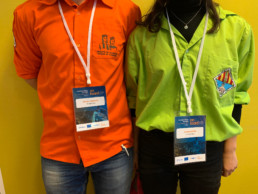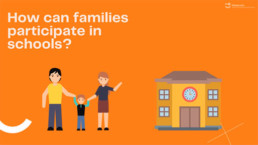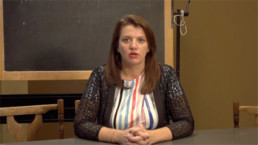Educational InnovationNetwork Key CommunityMembers
Viladecans’ 360º approach to education underpins the idea of an Educational Innovation Network that involves different public and private representatives in a city-wide project. Anybody educates, anywhere at any time. It is understood that learning happens within and out of schools’ walls, and also physically and, increasingly, from and with virtual digital tools.
This education conception makes everybody co-responsible in the teaching-learning process. Bridges between potentially education agents, formal and non-formal, promote collaborative efforts and have a multiplying impact.
With this in view, all ON BOARD partners engaged members from different stakeholders’ groups to participate in the international gatherings, their local planning meetings and in pilot innovative projects.
Teachers and headmasters were obviously the first ones, but other followed: local businesses and the university, entities of all kinds, families, the students themselves… they turned to have a high potential and interest in connecting with each other to improve students’ interest, skills and capacities from a “real world” standpoint and beyond the formal curricula.
Local Entities ForWider EducationOpportunities
Research shows that a child 12 years old who has experienced enriched learning opportunities outside the school has 6,000 more hours of exposure to learning than another child without such opportunities. From a strictly academic perspective, 6,000 hours of learning is the equivalent to five years in the classroom, according to Expanded Schools‘ analysis of the learning gap.
A big and diverse group of stakeholders in the cities contribute to the children’s education in their non-school hours and play a fundamental role to enrich and broaden their experience, values and skills. They strengthen children’s personal abilities, communication skills and creativity, not always addressed in the school curricula. Such local organisations are of different profiles and sectors: youth and sports clubs, after-school learning or leisure organisations, environmental and cultural institutions -museum, arts, libraries…-, volunteer, civic and community organisations, training and skills-development on technology, dancing, robotics, chess, etc.
Besides skills development, they provide meeting places with a diversity of colleagues and mentors and promote the values of citizenship and co-responsibility creating personal bonds with the communities they live in. Very importantly, they contribute to socialise children in contexts different from their home environments. Including these local organisations in the Educational Innovation Network is highly relevant since they are key education agents in non-school environments and times.
At the visit in Tallinn, all ON BOARD partners met youth organisations and clubs, and visited science museums and tech centres that offered a good and diverse scope of collaboration between them and primary and secondary schools.

Voices

Viladecans
How can families participate in schools

Tallinn
Good Practice - Families - Art Gymnasium
NM_41
The content of the Website reflects only the authors view. The Managing Authority and the European Comission are not liable for any use that may be made of the information it contains.

